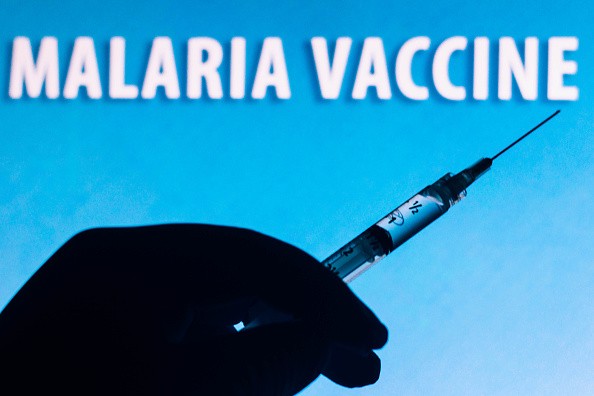The World Health Organization has recommended that the first malaria vaccine be widely distributed, a step that experts believe would save the lives of tens of thousands of children each year throughout Africa.

WHO Director General recommends the widespread rollout of Malaria vaccine.
WHO Director Recommends the Widespread Rollour of Malaria Vaccine
In a recently published article in MSN News, the WHO's director-general, Dr. Tedros Adhanom Ghebreyesus, hailed the announcement as "historic," saying that the RTS,S vaccine should be made more widely accessible following a successful trial program in three African nations.
The vaccination is recommended for children in areas where malaria transmission is moderate to high, according to the WHO. The recommendations are based on a vaccination trial program that has enrolled over 800,000 children in Ghana, Kenya, and Malawi since 2019.
According to preliminary results from the pilot program, vaccinated children's risk of fatal, severe Malaria was decreased by 30 percent. Children aged 5 months and up should get four doses of the vaccine, according to the WHO as per The Washington Post.
Read Also: Antiseptic Throat Spray, Malaria Drug Cut COVID-19 Infection Risk, According to Researchers
Results of the Lengthy Clinical Trials
Since the trial program started in 2019, more than 800,000 children in Ghana, Kenya, and Malawi have received the RTS,S vaccine, also known as Mosquirix, which was produced by the British pharmaceutical firm GlaxoSmithKline (GSK).
The vaccine, which underwent extensive clinical testing, has limited effectiveness, avoiding just 39 percent of malaria infections and 29 percent of severe malaria cases among young children in Africa over the course of four years, according to a published report in TIME.
In August, research conducted by the London School of Hygiene & Tropical Medicine (LSHTM) discovered that giving both RTS,S and antimalarial medicines to young infants reduced hospitalization and mortality by 70 percent and this adds to the growing body of evidence of the vaccine's effectiveness against Malaria.
RTS,S Could Change the Course of Public Health History
Tedros said on Wednesday that in addition to current malaria prevention measures, using this vaccine may save tens of thousands of child lives each year. It is both safe and efficient in preventing life-threatening, severe Malaria; and it is estimated to be very cost-effective.
He also added that Malaria has been present in many places for millennia, and a malaria vaccine has long been a cherished but unachievable goal. The RTS,S malaria vaccine, which has been in development for more than 30 years, is now changing the direction of public health history. There is still a long way to go, but this is a significant step forward.
In a published article in US News, there have been concerns that decades of progress in eliminating Malaria have stagnated, with major resurgences in some countries, such as Eritrea and Sudan, in recent years. The mosquito-borne parasitic illness claimed the lives of 409,000 individuals in 2019; the majority of them were in Africa. Over 270,000 children under the age of five were killed.
However, scientists at Oxford University's Jenner Institute said earlier this year that a vaccine they created had demonstrated findings that would make it the first to achieve the WHO's 75 percent effectiveness target. In a 12-month study of 450 youngsters in Burkina Faso, the vaccination demonstrated up to 77 percent effectiveness. Larger studies, including 4,800 youngsters in four countries, are already underway.
Related Article: New Drug Helps Bring Malaria Cure Closer; 'We Need A New Drug, Every Five Years ...'








